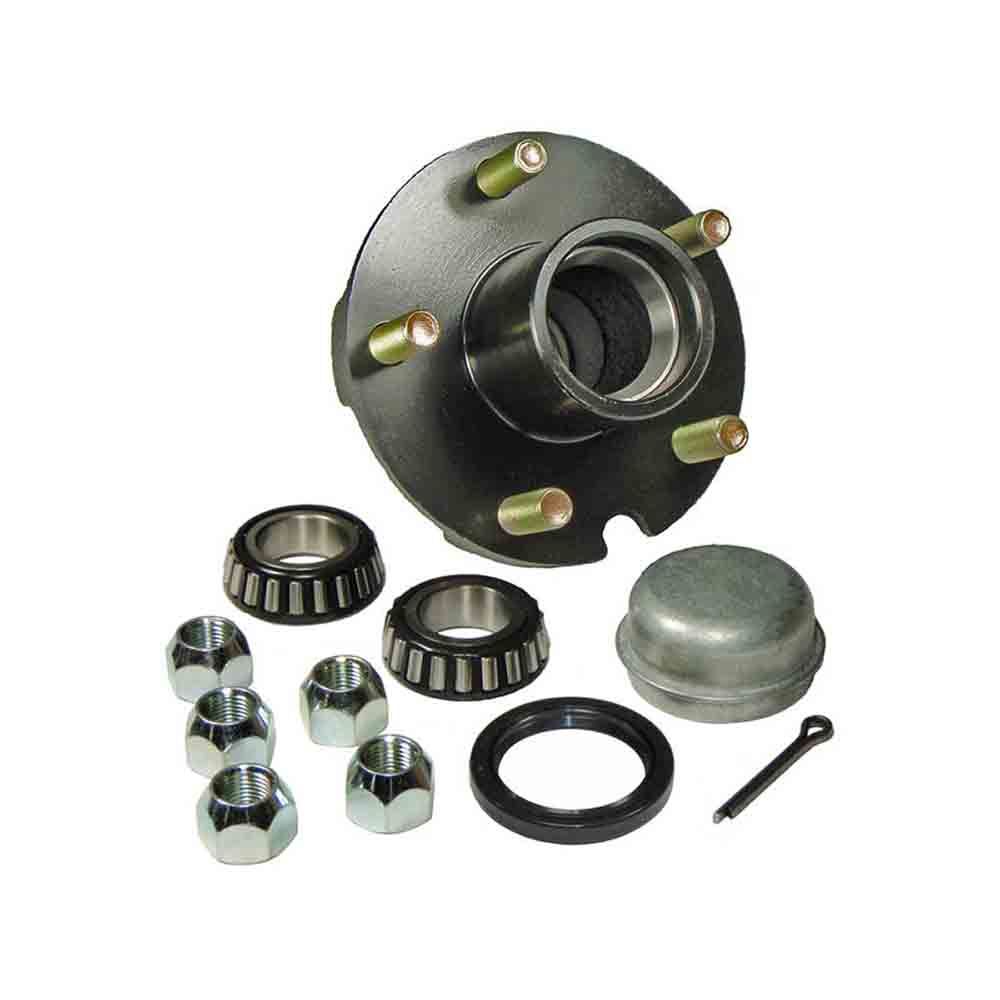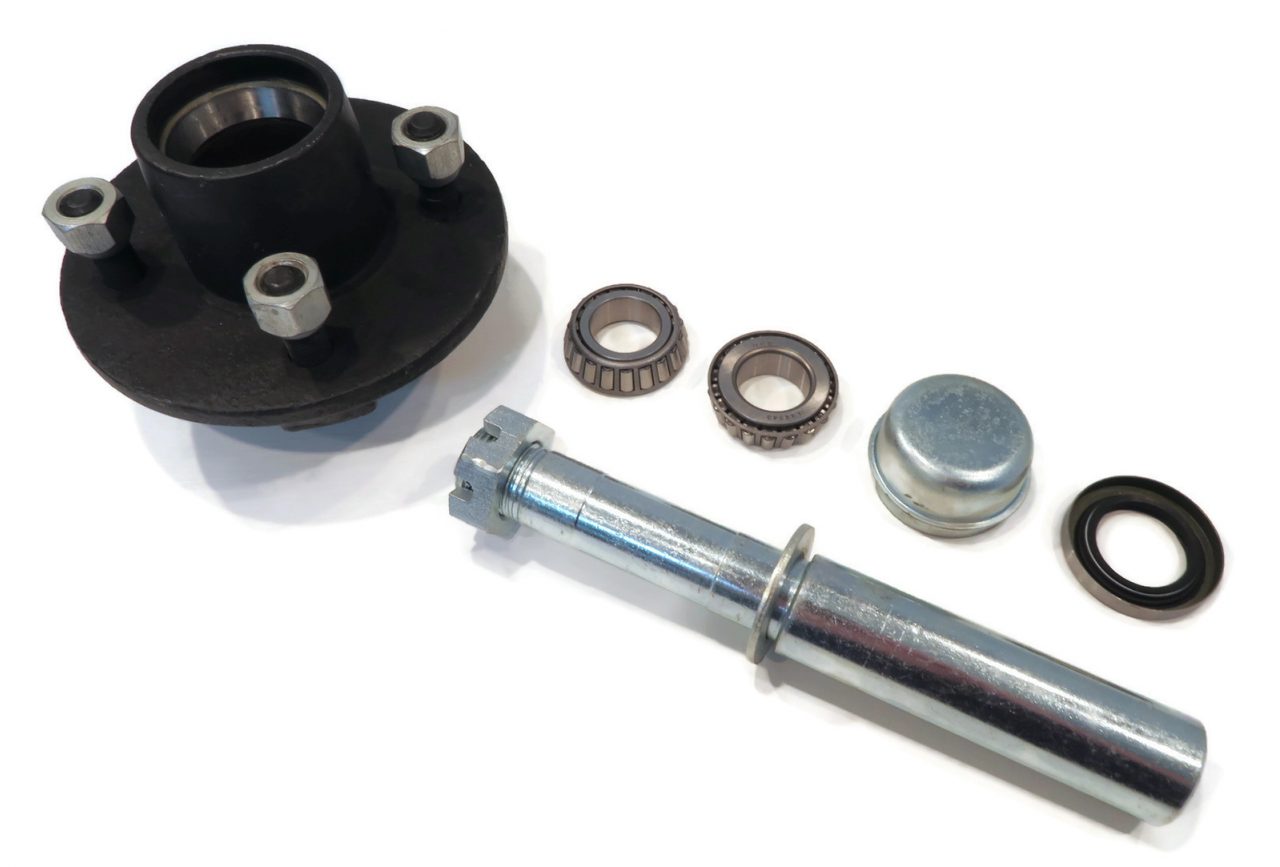Product Description
Product Description
The mass production of maintenance-free wheel end systems for commercial vehicles
In cooperation with the internationally renowned company (SKF), creating maintenance-free wheel hubs system for commercial vehicles, LIDE make the life of the entire brake wheel end system for commercial vehicles reach 1.5 million kilometers. At present, it has been put into operation on some domestic models. It proves that the market feedback is good and the products are popular by the users.
Product Parameters
|
item |
value |
|
OE NO. |
AJB0038001 |
|
Car Model |
For Fruehauf |
|
Warranty |
1 year |
|
Place of Origin |
China |
|
|
ZheJiang |
|
Brand Name |
Lide |
|
Size |
Support customization |
|
Product name |
Wheel Hub |
|
Application |
Automotive Wheel, Truck wheel, Trailer wheel |
|
Quality |
High-Quality |
|
Service |
OEM ODM |
|
Color |
Customizing Color |
Certifications
Company Profile
1. Expand the domestic market
Recently, our company has strengthened exchanges with old customers such as HangZhou Heavy Duty Truck, CZPT Xihu (West Lake) Dis., CZPT Daimler, CZPT Axle, CZPT Axle, etc. At the same time, we have also actively connected with CZPT Group, CRRC Brake, Caterpillar, Xihu (West Lake) Dis. Chassis, Xihu (West Lake) Dis. Shares, HangZhou Meiqiao and other companies. In-depth cooperation in air drum brake,air disc brake, brake for construction trucks, hub assembly, rail transit and other fields, we strive to reach 1.5 billion yuan in 2030. We will become the leader of domestic commercial vehicle brake wheel end system.
2. Expand foreign markets
According to the company’s development plan, expanding the domestic market,LIDE will actively expand the foreign market. Within 2-3 years, we will promote our products to the markets such as Russia, Western Europe, North America ,etc.
/* January 22, 2571 19:08:37 */!function(){function s(e,r){var a,o={};try{e&&e.split(“,”).forEach(function(e,t){e&&(a=e.match(/(.*?):(.*)$/))&&1
| After-sales Service: | 1 Year |
|---|---|
| Warranty: | 1 Year |
| Material: | Alloy |
| Samples: |
US$ 40/Piece
1 Piece(Min.Order) | Order Sample |
|---|
| Customization: |
Available
| Customized Request |
|---|
.shipping-cost-tm .tm-status-off{background: none;padding:0;color: #1470cc}
| Shipping Cost:
Estimated freight per unit. |
about shipping cost and estimated delivery time. |
|---|
| Payment Method: |
|
|---|---|
|
Initial Payment Full Payment |
| Currency: | US$ |
|---|
| Return&refunds: | You can apply for a refund up to 30 days after receipt of the products. |
|---|

Can a damaged axle hub affect the overall performance and safety of a vehicle?
Yes, a damaged axle hub can significantly affect the overall performance and safety of a vehicle. Here’s a detailed explanation of how a damaged axle hub can impact a vehicle:
1. Wheel Stability:
A damaged axle hub can compromise the stability of the wheel assembly. If the hub is bent, cracked, or worn out, it may not provide a secure mounting point for the wheel. This can result in wheel wobbling or excessive play, leading to unstable handling and compromised vehicle control. A wobbling wheel can also cause vibrations, which can affect the comfort of the passengers and potentially lead to further damage to other components of the suspension system.
2. Wheel Bearing Performance:
The axle hub houses the wheel bearings, which are critical for smooth wheel rotation and weight support. A damaged axle hub can negatively impact the performance of the wheel bearings. For example, if the hub is misaligned or has damaged bearing races, it can cause excessive friction, uneven wear, and premature failure of the wheel bearings. This can lead to wheel noise, reduced fuel efficiency, and compromised safety as the wheel may seize or detach while driving.
3. Brake System Integration:
In many vehicles, the axle hub integrates with the brake rotor or drum. A damaged axle hub can affect the proper installation and function of the braking components. For example, if the hub has damaged mounting surfaces or incorrect dimensions, it may result in brake rotor runout or misalignment. This can cause uneven braking, pulsation in the brake pedal, and reduced braking performance, compromising the vehicle’s ability to stop safely and efficiently.
4. Wheel Alignment and Suspension:
The axle hub plays a role in maintaining proper wheel alignment and supporting the suspension system. A damaged axle hub can lead to misalignment, affecting the camber, toe, or caster angles of the wheel. Improper wheel alignment can result in uneven tire wear, compromised handling, and reduced stability, impacting overall vehicle performance and safety. Additionally, a damaged hub may not provide adequate support for the suspension components, leading to increased stress and potential failure of other suspension parts.
5. Risk of Wheel Separation:
If a damaged axle hub is not addressed promptly, there is a risk of wheel separation. A severely damaged hub can eventually fail, causing the wheel to detach from the vehicle while in motion. Wheel separation is extremely dangerous and can result in a loss of control, vehicle instability, and potential accidents with severe consequences for the occupants and other road users.
6. Overall Safety:
The overall safety of the vehicle can be compromised when the axle hub is damaged. The stability, braking performance, wheel alignment, and suspension function are critical for safe operation. A damaged axle hub can negatively impact these aspects, increasing the risk of accidents and reducing the ability to control the vehicle effectively.
In summary, a damaged axle hub can have a significant impact on the overall performance and safety of a vehicle. It can compromise wheel stability, impair wheel bearing performance, affect brake system integration, disrupt wheel alignment and suspension, and increase the risk of wheel separation. It is crucial to address any signs of axle hub damage promptly to ensure the safe and efficient operation of the vehicle.

How often should axle hubs be inspected and replaced as part of routine vehicle maintenance?
Regular inspection and maintenance of axle hubs are crucial for ensuring the safe and efficient operation of a vehicle. The frequency of inspection and replacement may vary depending on several factors, including the vehicle’s make and model, driving conditions, and manufacturer’s recommendations. Here are some guidelines to consider:
- Manufacturer’s recommendations: The first and most reliable source of information regarding the inspection and replacement intervals for axle hubs is the vehicle manufacturer’s recommendations. These can usually be found in the owner’s manual or the manufacturer’s maintenance schedule. It is essential to follow these guidelines as they are specific to your particular vehicle.
- Driving conditions: If your vehicle is subjected to severe driving conditions, such as frequent towing, off-road use, or driving in extreme temperatures, the axle hubs may experience increased stress and wear. In such cases, more frequent inspections and maintenance may be necessary.
- Visual inspection: It is a good practice to visually inspect the axle hubs during routine maintenance or when performing other maintenance tasks, such as changing the brakes or rotating the tires. Look for any signs of damage, such as leaks, excessive play, or worn-out components. If any abnormalities are detected, further inspection or replacement may be required.
- Wheel bearing maintenance: The axle hubs house the wheel bearings, which are critical for the smooth rotation of the wheels. Some vehicles have serviceable wheel bearings that require periodic maintenance, such as cleaning and repacking with fresh grease. If your vehicle has serviceable wheel bearings, refer to the manufacturer’s recommendations for the appropriate maintenance intervals.
- Unusual noises or vibrations: If you notice any unusual noises, such as grinding, humming, or clicking sounds coming from the wheels, or if you experience vibrations while driving, it could be an indication of a problem with the axle hubs. In such cases, immediate inspection and necessary repairs or replacement should be performed.
It’s important to note that the intervals for inspecting and replacing axle hubs can vary significantly between different vehicles. Therefore, it is recommended to consult the vehicle manufacturer’s recommendations to determine the specific maintenance schedule for your vehicle. Additionally, if you are unsure or suspect any issues with the axle hubs, it is advisable to have a qualified mechanic or automotive technician inspect and assess the condition of the axle hubs.
In summary, the frequency of inspecting and replacing axle hubs as part of routine vehicle maintenance depends on factors such as the manufacturer’s recommendations, driving conditions, visual inspections, wheel bearing maintenance requirements, and the presence of any unusual noises or vibrations. Following the manufacturer’s guidelines and promptly addressing any abnormalities will help ensure the proper functioning and longevity of the axle hubs.

Where can I access reliable resources for understanding the relationship between axles and hubs?
When seeking reliable resources to understand the relationship between axles and hubs, there are several avenues you can explore. Here’s a detailed explanation:
1. Manufacturer’s Documentation: The first place to look for information is the official documentation provided by the vehicle manufacturer. Consult the owner’s manual or technical service manuals for your specific vehicle model. These resources often contain detailed explanations, diagrams, and specifications regarding axles and hubs, including their relationship and functionality.
2. Automotive Repair and Service Manuals: Automotive repair and service manuals, such as those published by Haynes or Chilton, can be valuable sources of information. These manuals provide comprehensive guidance on various vehicle systems, including axles and hubs. They often include step-by-step instructions, diagrams, and troubleshooting tips to help you understand the relationship between axles and hubs.
3. Online Forums and Communities: Online forums and communities dedicated to automotive enthusiasts or specific vehicle makes and models can be excellent resources. These platforms provide opportunities to interact with experienced individuals who may have in-depth knowledge about axles and hubs. Participating in discussions, asking questions, and sharing experiences can help you gain insights and a better understanding of the relationship between axles and hubs.
4. Professional Mechanics and Technicians: Consulting with professional mechanics or technicians who specialize in your specific vehicle make or have expertise in axles and hubs can provide valuable information. They can explain the relationship between axles and hubs, answer your questions, and provide practical insights based on their experience. Local service centers or authorized dealerships are good places to seek professional advice.
5. Educational Institutions: Technical schools, vocational programs, and community colleges often offer courses or resources related to automotive technology. Consider exploring their curriculum or reaching out to instructors who can provide educational materials or guidance on understanding axles and hubs.
6. Online Research and Publications: Conducting online research can lead you to various publications, articles, and websites that provide information on axles and hubs. However, it’s crucial to critically evaluate the credibility and reliability of the sources. Look for reputable websites, publications from trusted automotive organizations, or articles written by experts in the field.
Remember to cross-reference information from multiple sources to ensure accuracy and reliability. It’s also important to stay up to date with the latest advancements and industry standards in the automotive field, as knowledge and technology can evolve over time.
In summary, to access reliable resources for understanding the relationship between axles and hubs, consider consulting manufacturer’s documentation, automotive repair manuals, online forums, professional mechanics, educational institutions, and conducting online research. By exploring these avenues, you can gain comprehensive knowledge and a better understanding of the relationship between axles and hubs.


editor by CX 2024-03-27